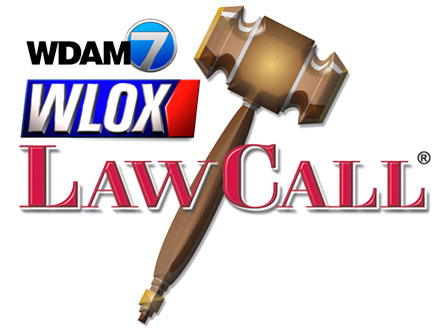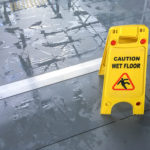You’ve been injured in a slip and fall accident, or perhaps another type of accident. At some point, you may come across the term “open and obvious.” While property owners do have an obligation to maintain a safe environment on their property, there are defenses they can use to avoid liability. Learn more about the…
Read More about What Does “Open & Obvious” Mean in Premises Liability Cases?







